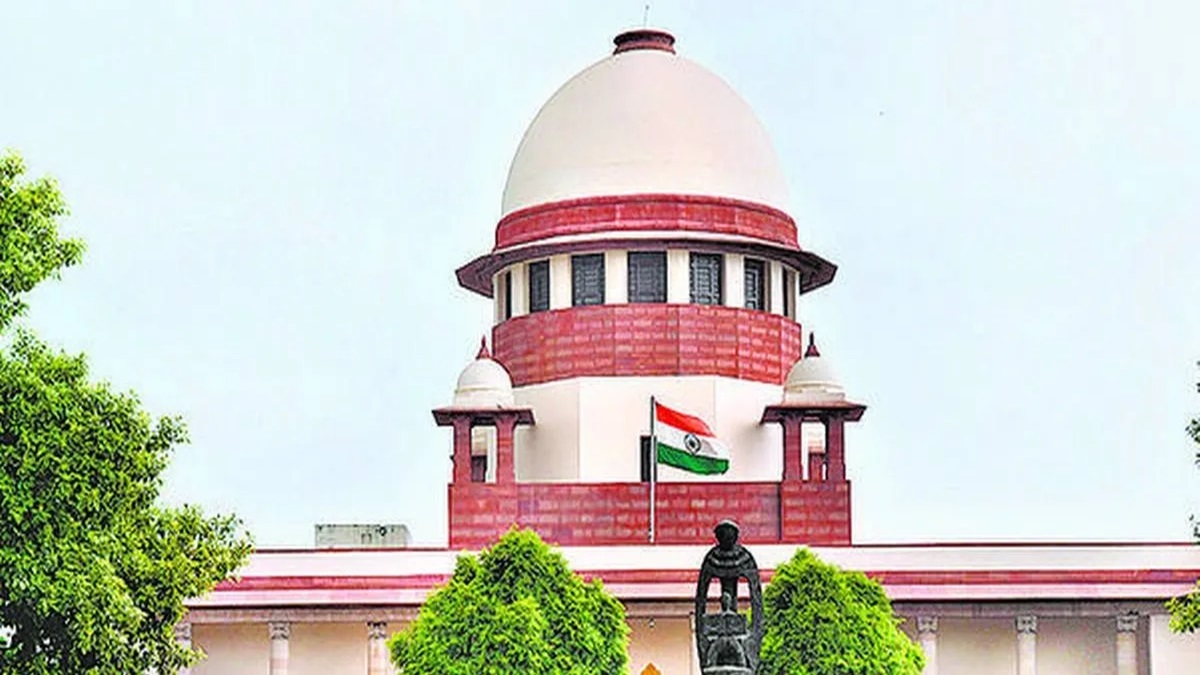Supreme Court to Examine PIL for Income-Based Reservation within SC/ST Quotas
The SC has issued notice to the Centre and requested its response by October 10, 2025. Subsequent hearings will delve into the PIL’s legal and constitutional validity, including interpretation of Articles 14, 15, and 16 in balancing equality with affirmative action.
The Supreme Court of India has issued notice to the Union government to examine a Public Interest Litigation (PIL) seeking the integration of an income-based prioritisation mechanism within existing SC/ST reservations, to ensure that benefits reach the most economically deprived members of these communities.
Plea Targets Internal Disparities, Not Overall Quota
The PIL, filed by Ramashankar Prajapati (OBC) and Yamuna Prasad (SC), does not aim to alter existing reservation percentages. Rather, it proposes the creation of a sub-classification within reserved categories—similar to the "creamy layer" model employed in OBC reservations—to prioritise economically weaker individuals within each group.

Advocate Reena N. Singh clarified in court: “We are not disturbing the percentage of the reservation…” reported, Live Law.
A bench comprising Justices Surya Kant and Joymalya Bagchi noted the potential for strong opposition, urging the petitioners to be prepared for heated debates. Justice Kant observed: “Within constitutionally valid caste-based reservations, if social and economic status of some members has improved, then instead of benefits going again to them, they should go to those within the same community who are still waiting.”
The bench also questioned whether reservation policies, aimed at societal upliftment, should be strictly limited or allowed to “spread its wings” in order to capture all those left behind.
Legal Foundation and Broader Context
The petition leans on the Supreme Court’s landmark 2024 verdict in State of Punjab v. Davinder Singh, where a seven-judge Constitution Bench (by a 6:1 majority) upheld that sub-classification within SC/ST quotas is constitutionally permissible—on grounds that reservation must reflect social and economic realities.
The court has issued notice to the Centre and requested its response by Oct 10, 2025. Subsequent hearings will delve into the PIL’s legal and constitutional validity, including interpretation of Articles 14, 15, and 16 in balancing equality with reservation.
Read More:
Follow Shiksha.com for latest education news in detail on Exam Results, Dates, Admit Cards, & Schedules, Colleges & Universities news related to Admissions & Courses, Board exams, Scholarships, Careers, Education Events, New education policies & Regulations.
To get in touch with Shiksha news team, please write to us at news@shiksha.com

 Call 8585951111
Call 8585951111
Abhay Anand is an experienced education journalist with over 15 years in print and digital media. Currently serving as Manager- Editorial at Shiksha.com, he specializes in higher education policy, student mobility,
Read Full Bio